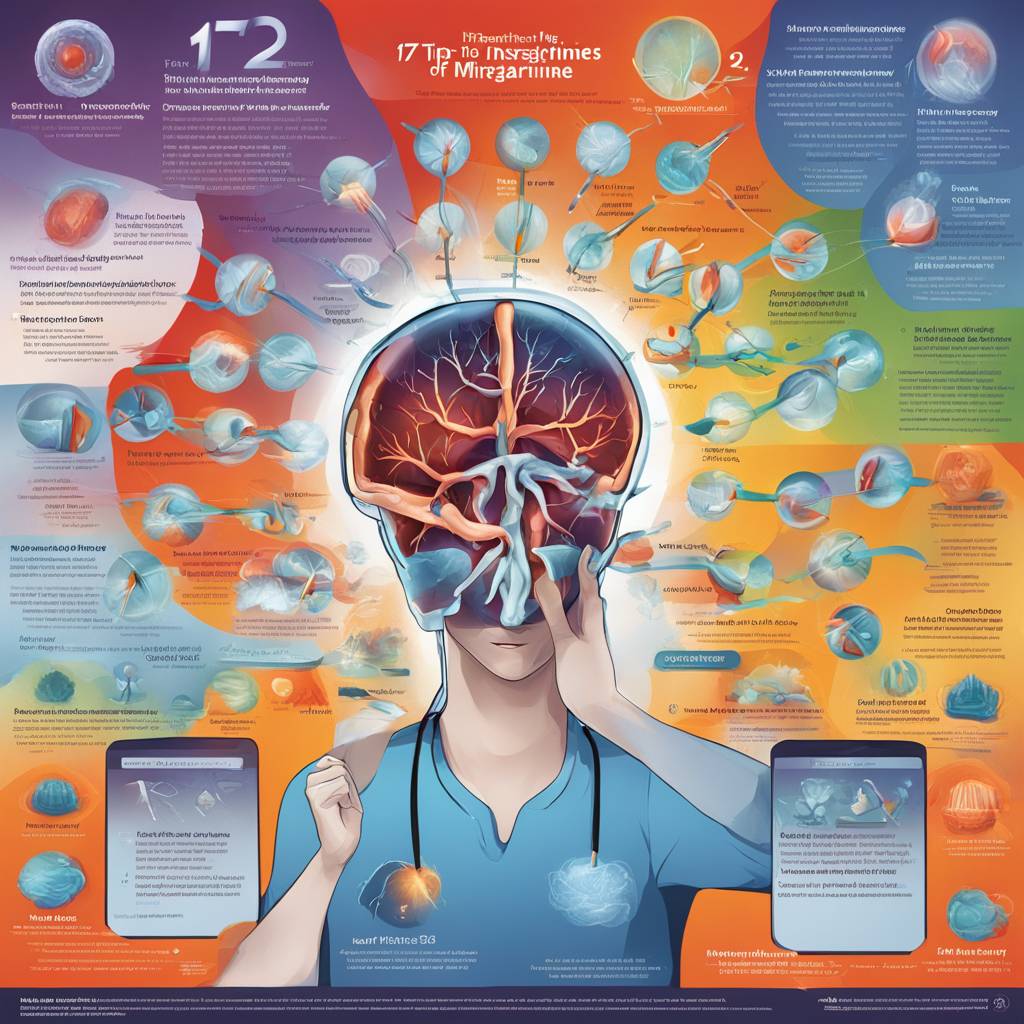Migraines can be debilitating and finding relief during an attack is crucial. While medications are often the most effective way to stop migraine pain, there are also home remedies and tricks that can provide relief. Dr. Christina Graley, a neurologist at Johns Hopkins Medicine, emphasizes the importance of incorporating non-medication options into your treatment plan to avoid overuse of prescription therapies and over-the-counter drugs. Non-medication home remedies can be particularly helpful for those trying to avoid drug therapy altogether or for patients experiencing side effects.
Migraine pain is caused by a dysfunction of pain pathways within the brain, affecting the trigeminal nerve complex. During an attack, nerve endings in specific areas, like the neck, send signals to the brain to temporarily calm down pain. Treating migraine-related pain early is essential to prevent central sensitization, a state where nerves become more sensitive, making normal sensations painful. Lifestyle changes and home remedies can help reduce migraine frequency and prevent central sensitization from occurring. It’s important to have a comprehensive treatment strategy to effectively manage migraine pain.
Home remedies like ice caps, blue light filters, eye masks, earplugs, warm compresses, warm baths or showers, naps, caffeine, water, minty essential oils, and massages can provide relief during a migraine attack. These remedies work by stimulating nerve endings to interrupt and dampen pain signals. For example, ice packs help to decrease pain signal transmission, while caffeine can curb a migraine attack for some individuals. It’s essential to find what works best for you, as preferences for cold or warm therapies vary among patients.
Biofeedback exercises and home devices like Cefaly, an FDA-cleared migraine treatment device, are additional options for managing migraine attacks. These devices stimulate nerve endings to help quiet migraine pain. Biofeedback exercises, which regulate breath and calm the nervous system, can reduce the duration and intensity of migraine attacks. Patients interested in non-medication alternatives should consult with their healthcare provider before using any home devices. It’s crucial to address migraine episodes early on to prevent central sensitization and frequent migraine attacks.
If home remedies are not providing sufficient relief, it’s important to seek other treatment options. Starting with a non-medication remedy is acceptable, but if symptoms persist after one to two hours, individuals should consider other treatments. Consulting with a doctor is essential if your current treatment strategy is not effective. By addressing migraine attacks early and using a combination of medication and non-medication remedies, individuals can effectively manage migraine pain and reduce the frequency of attacks. It’s crucial to find a personalized treatment plan that works best for each individual.













